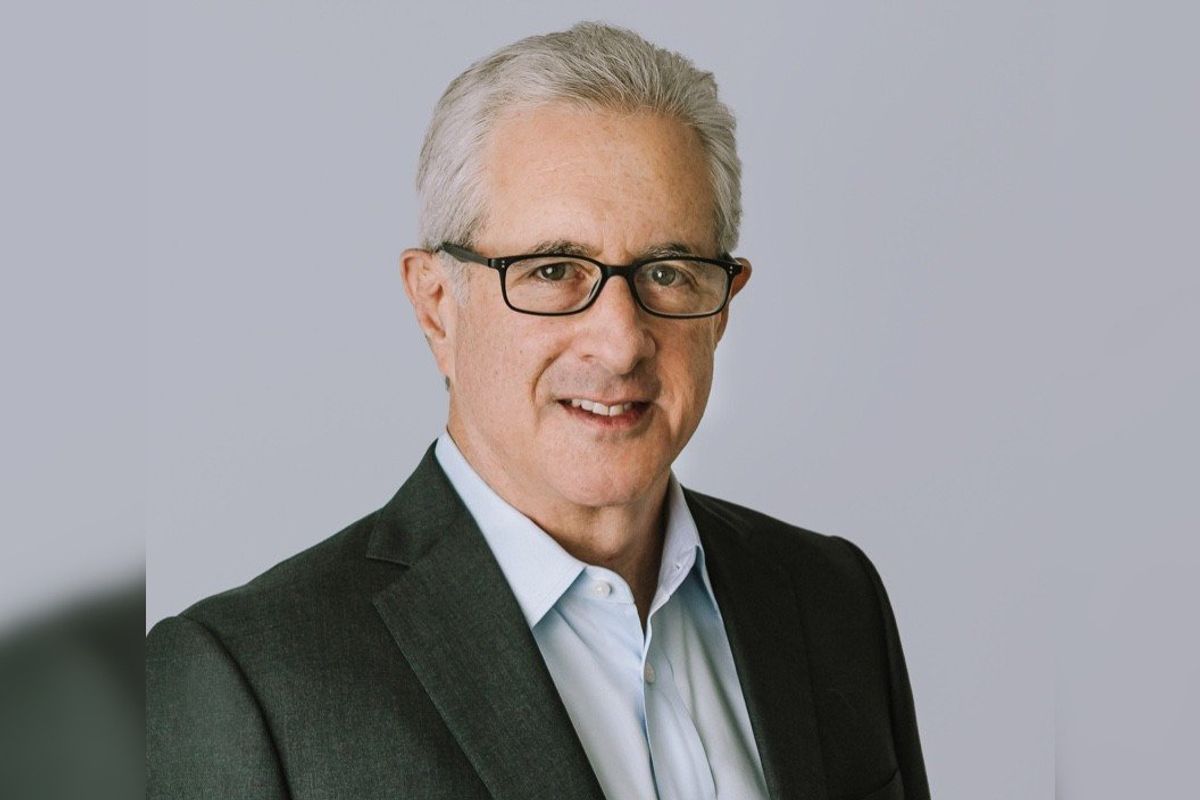Houston health tech startups announce exec, funding — plus more innovation news
SHORT STORIES
Houston startup founders have been moving and shaking in the local innovation ecosystem — from growing their executive boards to raising fresh grant funding.
In this roundup of Houston startup and innovation news, a startup opens a crowdfunding round, a Houston hospital system taps into new technology, and more.
Coya Therapeutics names new president and chief medical officer

Fred Grossman will assume his new role next week. Photo via LinkedIn
Coya Therapeutics Inc. (NASDAQ: COYA), a revolutionary biotech company based in Houston, named Dr. Fred Grossman as president and chief medical officer. The clinical-stage company, which has developed a biologics therapy that prevents further spreading of neurodegenerative diseases by making regulatory T cells functional again, announced the closing of its $15.25 million IPO in January.
According to the company, Dr. Grossman's position, which was held by Dr. Adrian Hepner, is effective July 17.
“We are grateful for Dr. Hepner’s leadership and excellence in positioning Coya and look forward to having him continue to collaborate with the company in moving our assets forward," Howard H. Berman, CEO of Coya, says in a news release. "We also welcome Dr. Grossman, who brings decades of clinical development experience and successful execution."
Dr. Grossman has held executive positions at Eli Lilly, Johnson & Johnson, Bristol Myers Squibb, Sunovion, Glenmark Pharmaceuticals, and Mesoblast Inc. (NASDAQ: MESO), developing allogeneic cellular therapies for inflammatory diseases.
CellChorus receives another SBIR grant

CellChorus, a biotech startup operating out of the University of Houston Technology Bridge, has secured additional funding. Photo via Getty Images
Fresh off a $2.3 million grant last month, Houston-based CellChorus, a single-cell analysis company, has another grant to celebrate.
The U.S. National Science Foundation has awarded CellChorus a Small Business Innovation Research (SBIR) grant to advance development of its Time-lapse Imaging Microscopy In Nanowell Grids, known as TIMING. The funding will be used to develop novel microscale arrays to support scaling dynamic single-cell analysis.
“This funding will further development of novel arrays to build on the success of our early access laboratory based in Houston,” says Mohsen Fathi, head of technology at CellChorus, in a press release. “This project will support scaling the only platform that can evaluate migration, contact dynamics, killing, survival, subcellular activity, and biomolecule secretion for the same individual cell over time and in high throughput to improve development and delivery of novel therapies.”
According to the release, the company is receiving more than $274,000 as a part of the grant, but CellChorus has the potential of receiving up to $2 million from the second phase.
“This award builds on our recent funding from the National Institute of General Medical Sciences to advance development of a dedicated instrument platform for TIMING,” says Daniel Meyer, CEO of CellChorus, in the release.
Memorial Hermann partners with TMC-backed virtual OB-GYN care

Two Houston-area hospitals now have access to this digital health startup's platform. Photo via Getty Images
The Memorial Hermann Health System has entered into a partnership with Washington, D.C.-based Babyscripts, a virtual care platform for managing obstetrics. The company is backed by the Texas Medical Center's venture fund and has existing ties to the city.
"Memorial Hermann strives to make Greater Houston a place where every woman's pregnancy, delivery and postpartum experience is successful and safe. This innovative partnership is a continuation of that commitment," says Dr. Victoria Regan, vice president of Women's and Children's Services at Memorial Hermann, in a news release.
Now, Memorial Hermann patients will be able to access Babyscripts myJourney, an app that delivers educational content, email campaigns, satisfaction surveys, appointment reminders, and more. The first two hospitals to receive access are Memorial Hermann Memorial City Medical Center and Memorial Hermann The Woodlands Medical Center, with plans to expand the program.
"The ability to access adequate prenatal and postpartum care is one of the largest predictors of maternal and infant health outcomes," says Anish Sebastian, CEO and co-founder of Babyscripts in the release. "With Babyscripts, Memorial Hermann is able to streamline the maternal health experience across their system, adding opportunities for access and providing consistent, high-quality pregnancy care to all patients, regardless of race, income, geography or risk."
Earn Your Freedom launches crowdfunding campaign with Houston nonprofit's support

Earn Your Freedom is looking for financial support from its community. Photo via houston.impacthub.net
Earn Your Freedom, a Houston startup that's gamifying personal finance education, has launched its first crowdfunding campaign in partnership with Impact Hub Houston.
The goal for EYF is to raise $100,000 to support its gaming programs with local schools. Impact Hub Houston is the fiscal sponsor for the raise, which is officially live and open for contributions.
The innovative and interactive web and mobile video game, which officially launched earlier this year to celebrate Financial Literacy Month, was designed to help kids build a strong foundation in money management, economics and investment in a fun and engaging way. It features challenges and real-world scenarios such as renting a first apartment, opening a first bank account, budgeting at the grocery store, buying stocks and index funds and renting or buying real estate.
“We envision a society where financial literacy is accessible to all, and where individuals are enabled with the tools to take control of their financial futures," says Keely McEnery, EYF co-founder and COO, in a press release. "We are bridging the gap between education and application, stepping in before the real-world consequences take place.”
- The Ion Houston names new partner, growing startup names new CTO, and more local innovation news ›
- TMCx company receives investment from Houston VC, UH program recognized, and more innovation news ›
- Greentown Houston announces grand opening, clean energy accelerators open apps, and more innovation news ›
- TMCx company raises millions, Rice Business launches a podcast, and more Houston innovation news ›
- Grant Watkins, Keely McEnery of Earn Your Freedom on the Houston Innovators Podcast - InnovationMap ›
